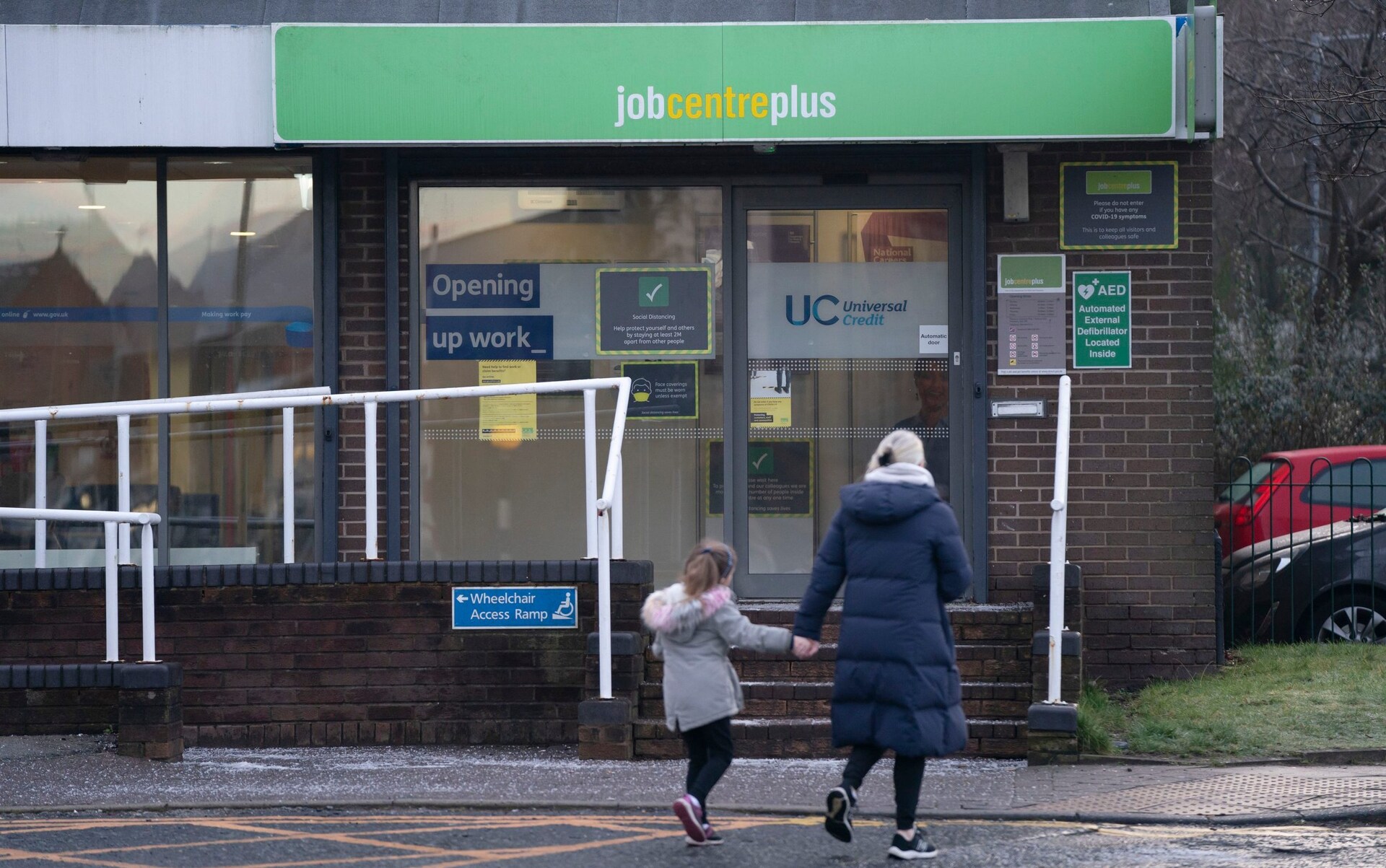
The UK's Welfare System Faces Scrutiny Amid Rising Costs and Dependency Concerns
Recent data has sparked debate regarding the UK's welfare system, specifically concerning the disparity between benefits received by unemployed individuals on sickness benefits and the earnings of those working full-time at the national living wage. Concerns are growing about the potential for the current system to disincentivize work and foster a culture of dependency.
Benefit Levels Exceed Minimum Wage Earnings
Figures indicate that by 2026-27, an individual receiving Universal Credit (UC), including average housing benefits and Personal Independence Payment (PIP) for health-related issues, could have an annual income of approximately £25,000. This figure surpasses the estimated £22,500 a full-time worker earning the national living wage would take home after income tax and National Insurance deductions.
Concerns Over Welfare Dependency
Sir Iain Duncan Smith, a former work and pensions secretary and architect of UC, has voiced strong concerns about the current trajectory. He emphasizes that pre-pandemic, the UK had achieved record lows in workless households. However, he argues that the pandemic exacerbated the issue, leading to a "dramatic" increase in the disincentive to work. He argues that a failure to reform the system will result in wasted lives trapped in dependency.
Conservative Party figures echo these concerns. They warn of a "ticking time bomb" of welfare dependency that could potentially destabilize the economy. They also criticize opposing parties for allegedly overlooking the severity of the situation.
Economic Warnings and Political Fallout
The Office for Budget Responsibility (OBR) has issued warnings about the UK's increasingly vulnerable financial position. They cite recent reversals on planned welfare cuts as creating "new downside risks" for the economy.
These issues have also triggered political divisions. A significant number of Labour MPs rebelled against welfare legislation, forcing the party leader to backtrack on some of his planned cuts.
The Rising Cost of Health and Disability Benefits
A key concern is the increasing number of individuals claiming health and disability benefits. By 2026, the Department for Work and Pensions projects that sickness benefit claims will reach 3.4 million. This translates to an estimated £100 billion in spending on health and disability benefits by 2030, equivalent to the income tax contributions of nine million workers.
Data reveals that over 1.4 million people currently receive PIP for mental health-related issues.
Specific Cases Highlight Disparities
The data also reveals specific scenarios that highlight the financial implications of the current system. For example, a jobless single parent claiming benefits for anxiety and a child with ADHD could receive nearly £37,000 annually, significantly more than someone earning the national minimum wage.
PIP and Universal Credit: A Closer Look
The PIP scheme is designed to assist individuals with long-term conditions and disabilities with daily living and mobility costs. Since the pandemic, the number of monthly PIP awards has more than doubled, largely driven by a surge in claimants citing anxiety and depression. Similarly, a significant proportion of assessments for the health element of UC involve mental health and behavioral conditions. The number of children receiving disability living allowance has also doubled in the past decade, with behavioral disorders, learning difficulties, and ADHD being key drivers of the increase.
Calls for Reform and Targeted Support
In response to these concerns, there are calls for targeted reforms to the welfare system. Suggestions include withdrawing PIP and UC from individuals with milder cases of anxiety, depression, or ADHD. This could potentially generate significant savings that could be reinvested in front-line mental health services, such as NHS talking therapies and support groups.
Government Response and Future Steps
The government acknowledges the need for reform, stating that they inherited a flawed social security system. Their stated aim is to revamp the system to genuinely support those who are able to work while ensuring a safety net remains in place for the most vulnerable. They also aim to place the spiraling welfare bill on a more sustainable footing.
The government has also made concessions to welfare legislation, including establishing a taskforce to examine PIP with a majority of disabled members and subjecting its conclusions to a binding vote in the House of Commons.
Political Divisions and Dissent
The ongoing debate over welfare reform has exposed deep political divisions. Some politicians have expressed concern that the proposed changes could negatively impact vulnerable individuals. Others emphasize the need for fiscal responsibility and measures to reduce welfare dependency.
Post a Comment for "Benefits Beat a Full-Time Paycheck?"